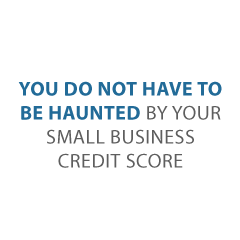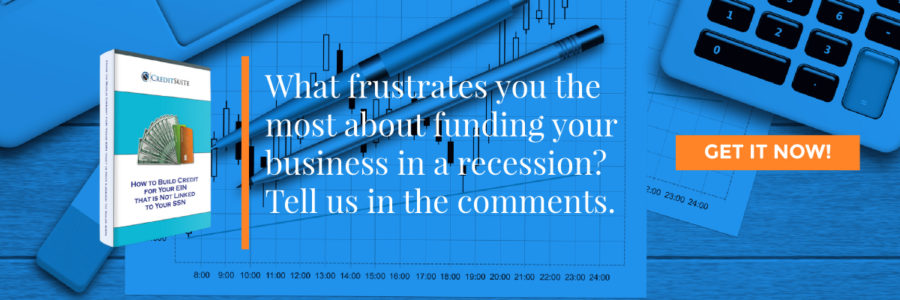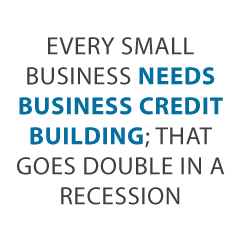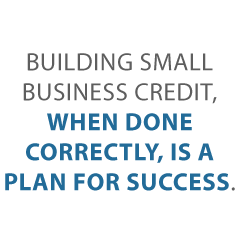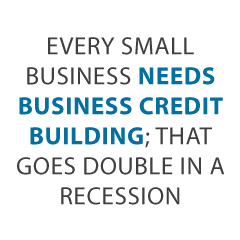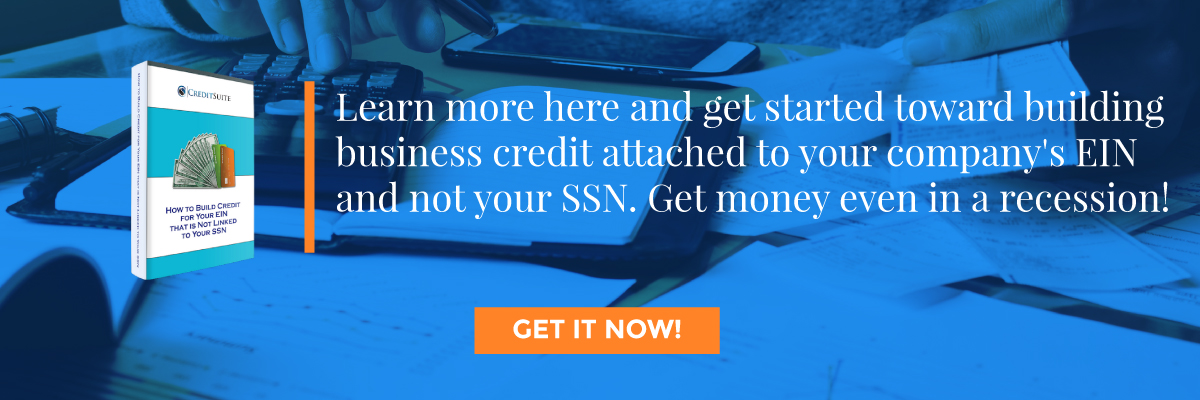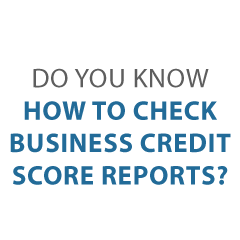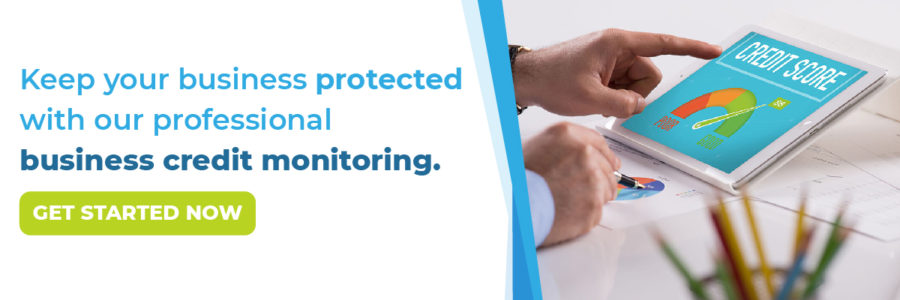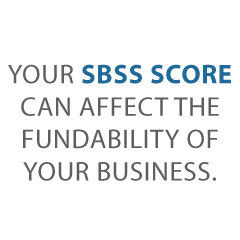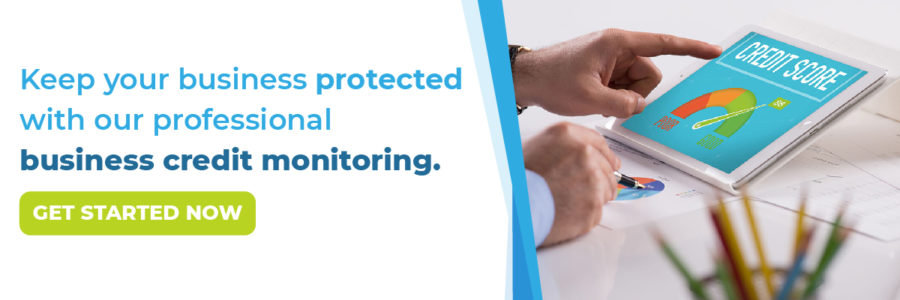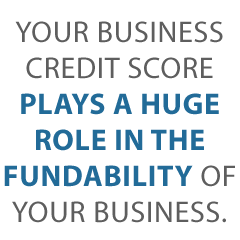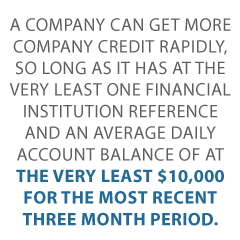
How to Rock your Business Bank Credit Score in a Recession
Rock Your Business Bank Credit Score in a Recession
What’s your business bank credit score in a recession?
Before going any further, do you know the difference between bank credit and business credit? Business credit is the full and complete amount of money that your small business can get from all manner of creditors. That means the credit unions, credit card companies, and leasing companies. And it means any credit your small business can get from suppliers, under what is called trade credit or vendor credit or trade lines. Your bank credit score, though, is a touch different.
Bank credit, on the other hand, is the full amount of borrowing capacity which a small business can get from the banking system only. Hence your bank credit score, of course, is the measurement of this capacity to borrow.
Your Business Bank Credit Score in a Recession, Explained
A small business can get more business credit rapidly, so long as it has at least one bank reference and an average daily account balance of at least $10,000 for the most recent three month time period. This set up will yield a bank rating of a Low-5. So this means it is an Adjusted Debt Balance of from $5,000 to $30,000.
A lower rating, like a High-4, or balance of $7,000 to $9,999 will not automatically reject the small business’s loan application. However, it will slow down the approval process.
Your Business Bank Credit Score in a Recession, Defined
A bank credit rating is the average minimum balance as maintained in a business bank account over a three month long period. Hence a $10,000 balance will rate as a Low-5, a $5,000 balance will rate as a Mid-4, and a $999 balance will rate as a High-3, etc.
Goals for Your Business Bank Credit Score in a Recession
A small business’s chief goal should always be to maintain a minimum Low-5 bank rating for at least three months. Hence that means an average $10,000 balance.
This is because, without at least a Low-5 rating, the majority of banks will operate under the assumption that the business has little to no ability to repay a loan or a business line of credit.
One thing to keep in mind – you will never actually see this number. The bank will just keep this number in its back pocket.
Check out our professional research on bank ratings, the little-known reason why you will – or won’t – get a bank loan for your business during a recession.
The Bank Credit Score Rating Ranges
The numbers work out to the following ranges:
- High-5 – account balance of $70,000-99,999
- Mid-5 – account balance of $40,000-69,999
- Low-5 – balance of $10,000-39,000
- High-4 – 7,000-9,999
- Mid-4 – $4,000-6,999
- Low-4 – $1,000-3,999
Do not forget, your small business needs to be at the Low-5 level bank score or better.
Rocking Your Business Bank Credit Score in a Recession
It should be clear that the thrust behind bank credit scores is to show proof that your small business can pay back its financial obligations in an expeditious manner. Therefore, yes, you will need to maintain a minimum balance for at least three months. Every cycle is based on the balance rating during the previous three month period.
 Congruency
Congruency
It is also vital that the business owner ensures that their business bank accounts are reported exactly the same way all of their business records are, and with the exact same physical address and phone number. And it cannot be a post office box!
It is imperative that each and every credit agency and trade credit vendor, every record keeper also lists the business name and address the exact same way. No lender is going to stop to consider all of the ways that a business might be listed, when they look into the business’s creditworthiness. Therefore, if they are unable to find what they need easily, they will just deny the application.
Note: these are record keepers of financial records, income tax, web addresses and e-mail addresses, directory assistance, etc.
Congruency also matters in the event you use a fictitious name or DBA, AKA a ‘doing business as’ status.
Responsible Account Management
Plus the business must manage its bank account responsibly. This means that the small business should avoid writing non-sufficient funds (NSF) checks at all costs, because that decimates bank ratings. Non-sufficient-funds checks are something which no business can afford to let happen. It is even a good idea for the business to add overdraft protection to their bank account as soon as possible, in order to avoid NSFs.
Positive Cash Flow
Your business must show a positive cash flow. The cash coming in and leaving a company’s bank account should reflect a positive free cash flow. A positive free cash flow is the amount of revenue left over after a company has paid all of its expenses. When an account shows a positive cash flow it indicates that the business is generating more revenue than is used to run the company. That means the bank will feel that the business can pay its bills.
Consistent Deposits
Finally, understand that banks are highly motivated to lend to a business with consistent deposits. A business owner must also make regular deposits in order to maintain a positive bank rating. The business owner must make a lot of consistent deposits. And they need to be more than the withdrawals they are making, in order to have and maintain a good bank rating. If they can do that, then they will have a good bank credit score.
Check out our professional research on bank ratings, the little-known reason why you will – or won’t – get a bank loan for your business during a recession.
An Alternative to Jacking Up Your Business Bank Credit Score in a Recession
Of course we are talking about business credit building here. Business credit is an asset which can help your company in years to come.
Small business credit is credit in a small business’s name. It doesn’t tie to a business owner’s consumer credit, not even if the owner is a sole proprietor and the solitary employee of the company.
As a result, a business owner’s business and consumer credit scores can be very different.
The Benefits
Due to the fact that small business credit is distinct from consumer, it helps to protect an entrepreneur’s personal assets, in the event of a lawsuit or business insolvency.
Also, with two distinct credit scores, a business owner can get two separate cards from the same vendor. This effectively doubles buying power.
Another benefit is that even startups can do this. Heading to a bank for a business loan can be a formula for frustration. But building small business credit, when done the right way, is a plan for success.
Consumer credit scores depend on payments but also various other elements like credit use percentages.
But for small business credit, the scores truly just hinge on whether a business pays its invoices punctually.
The Process
Building business credit is a process, and it does not occur without effort. A business has to actively work to build company credit.
That being said, it can be done easily and quickly, and it is much faster than establishing consumer credit scores.
Merchants are a big component of this process.
Doing the steps out of sequence will result in repetitive denials. Nobody can start at the top with small business credit. For instance, you can’t start with retail or cash credit from your bank. If you do, you’ll get a denial 100% of the time.
Company Fundability
A small business has to be fundable to lenders and merchants.
For this reason, a small business will need a professional-looking web site and e-mail address. And it needs to have website hosting bought from a merchant such as GoDaddy.
In addition, business telephone and fax numbers must have a listing on ListYourself.net.
Additionally, the company phone number should be toll-free (800 exchange or the like).
A business will also need a bank account dedicated solely to it, and it needs to have every one of the licenses necessary for operation.
Licenses
These licenses all have to be in the perfect, correct name of the business. And they need to have the same company address and phone numbers.
So note, that this means not just state licenses, but possibly also city licenses.
Check out our professional research on bank ratings, the little-known reason why you will – or won’t – get a bank loan for your business during a recession.
Dealing with the IRS
Visit the IRS website and acquire an EIN for the business. They’re totally free. Select a business entity like corporation, LLC, etc.
A small business can get started as a sole proprietor. But they will most likely want to change to a variety of corporation or an LLC.
This is in order to minimize risk. And it will optimize tax benefits.
A business entity will matter when it pertains to taxes and liability in case of a lawsuit. A sole proprietorship means the entrepreneur is it when it comes to liability and tax obligations. No one else is responsible.
Sole Proprietors Take Note
If you run a company as a sole proprietor, then at least be sure to file for a DBA. This is ‘doing business as’ status.
If you do not, then your personal name is the same as the company name. Consequently, you can end up being directly liable for all company debts.
Additionally, per the IRS, with this arrangement there is a 1 in 7 possibility of an IRS audit. There is a 1 in 50 chance for corporations! Prevent confusion and substantially decrease the odds of an IRS audit simultaneously.
But treat any DBA filing as a steppingstone to incorporating.
Monitor Your Business Credit
Know what is happening with your credit. Make sure it is being reported and deal with any errors ASAP. Get in the habit of checking credit reports. Dig into the particulars, not just the scores.
We can help you monitor business credit at Experian and D&B for 90% less than it would cost you at the CRAs.
Update Your Data
Update the information if there are inaccuracies or the info is incomplete.
Fix Your Business Credit
So, what’s all this monitoring for? It’s to contest any inaccuracies in your records. Errors in your credit report(s) can be corrected. But the CRAs often want you to dispute in a particular way.
Disputes
Disputing credit report mistakes commonly means you mail a paper letter with copies of any proofs of payment with it. These are documents like receipts and cancelled checks. Never send the original copies. Always mail copies and keep the original copies.
Fixing credit report errors also means you precisely spell out any charges you contest. Make your dispute letter as crystal clear as possible. Be specific about the concerns with your report. Use certified mail so that you will have proof that you sent in your dispute.
A Word about Building Business Credit
Always use credit responsibly! Never borrow more than what you can pay off. Keep track of balances and deadlines for payments. Paying off promptly and in full will do more to raise business credit scores than just about anything else.
Building company credit pays. Excellent business credit scores help a company get loans. Your lending institution knows the small business can pay its debts. They understand the company is authentic.
The company’s EIN links to high scores and your business bank credit score in a recession will not matter quite so much.
Takeaways for How to Rock Your Business Bank Credit Score in a Recession
Start with consistent deposits, even if you cannot make terribly high ones. Just, start to become dependable in how you add money to your business’s bank account. Whether you deposit every week or every other week, etc. is your own choice. Opt for whatever you are most likely to be able to do.
This can also help you with both positive cash flow and responsible account management. Hence you get a lot of bang for your buck here – quite literally.
The other fairly simple task you can undertake is to make sure your business address and other particulars are perfectly congruent across the board. This means, for example, that if you wrote Ltd. on your D&B D-U-N-S number application, but Limited when you applied for a business bank account, you will need to take measures to get these two areas in sync.
Generally, the easiest way to do this is by going through everything and simply copying and pasting your information.
The post How to Rock your Business Bank Credit Score in a Recession appeared first on Credit Suite.


